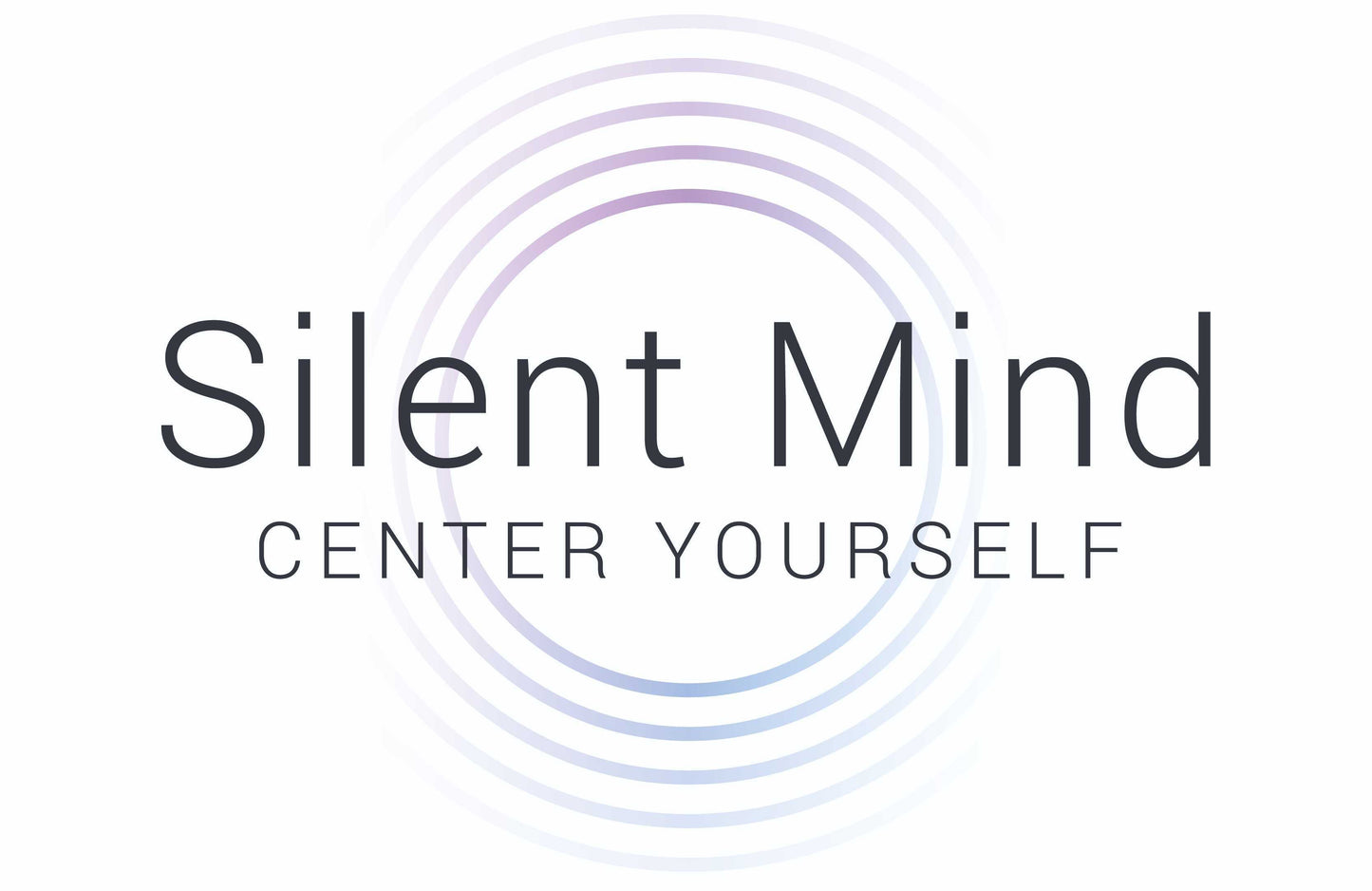Meditation and Mindfulness Tips
1. What is meditation?
Meditation is an internal practice that helps us delve deeper into consciousness than thinking could ever take us. In fact, we do this by accepting and letting go of our thought patterns. It’s a way to gain clarity and forge a more familiar bond with our true selves, and perhaps, the universe.
2. What is mindfulness?
Mindfulness is complete awareness of the present moment. With mindfulness, we shift focus away from regrets of the past and worries of the future. We exist solely in the here and now. Mindfulness can accompany meditation, but can also be a separate technique we work with while we’re up and moving.
3. What are some of the benefits of meditation?
Numerous studies have found that regular meditation helps us more effectively manage our stress and anxiety levels. It may help improve memory and attention span. Meditators also report an enhanced sense of wellbeing, greater self-awareness, a more forgiving disposition, and overall better emotional health.
4. How to get started with meditation?
Meditation is free and available to all who want to try it. Sit upright in a comfortable spot, so that the head seems to naturally float above the spine. Close your eyes and begin to focus on your breathing, noting the length, depth, temperature, and quality of each inhale and exhale. Let any thoughts you have pass by as you continue this for your desired length of time.
5. Should I keep music playing while meditating?
It’s a personal choice. Some individuals who have trouble letting their thoughts go can benefit from music, such as the song of a singing bowl. This can help you transition into a meditative state more quickly. Often, experienced meditators will alternate - some days they prefer a silent meditation, and other days can involve music, mantras, or even movement.
6. What is the best time of the day to meditate?
Again, this comes down to personal preference. You might find that meditation is the perfect way to begin your day, since mornings tend to be quieter, and it can help you focus on the tasks ahead. Some prefer evening meditations to unwind and clear their minds of the day’s events. Others will even meditate midday to refocus and center themselves in the midst of a busy schedule. You should not attempt to meditate while driving, operating heavy equipment or machinery, or any other task where your attention is a safety concern.
7. How often should I meditate?
Training yourself to accept things as they are and let go of negative patterns is not a weekly or monthly task. If you can, you should meditate every day. However, many people see great benefits from just four or five sessions per week.
8. How long should my meditation session last?
When we say that you should meditate every day, this doesn’t mean you have to sit for a whole hour. If you’re a beginner, start with five minutes. After a few days, see how 10 feels. Increase your time every few days until you get to 30 minutes, which many consider the optimal amount of time. Ultimately, you want the time you spend to be sustainable for a long-term daily practice. If this ends up being 10 or 15 minutes, that’s still great.
9. Am I supposed to stop thinking during meditation?
Most people are still thinking while meditating. It’s just that we do not entertain these thoughts. Instead, we let them float past, accepting that another one may be right on the horizon. Eventually, you begin to notice the space between thoughts, and the quiet between breaths. These are the spots we are working to widen.
10. Where can I get some more meditation and mindfulness tips?
We add new meditation and mindfulness tips to our blog every week. Check it out! :)
